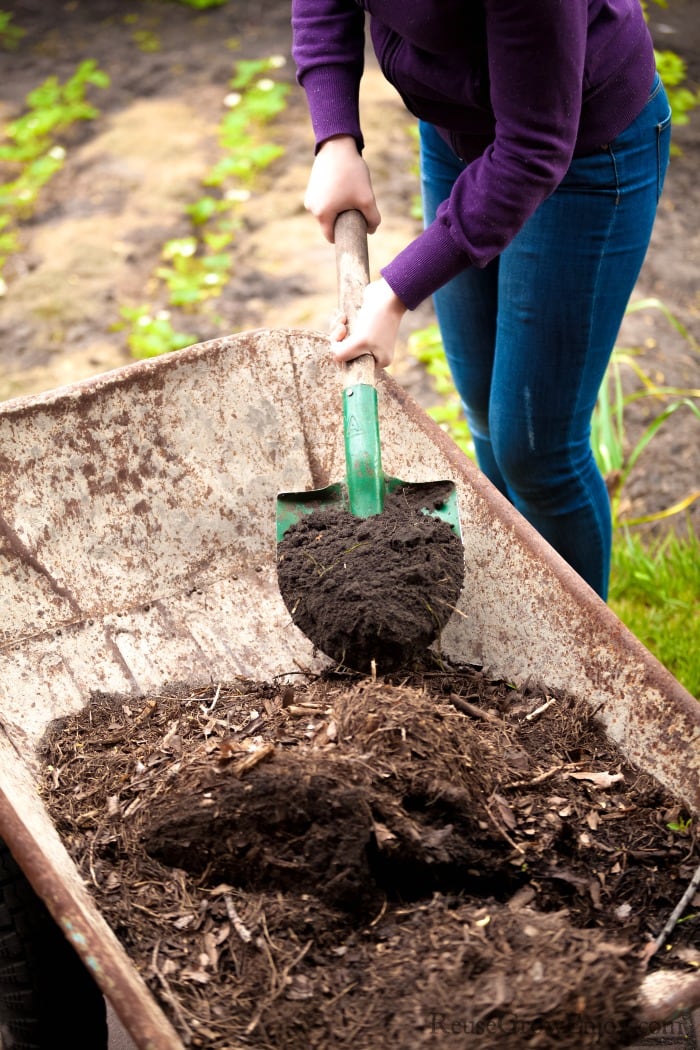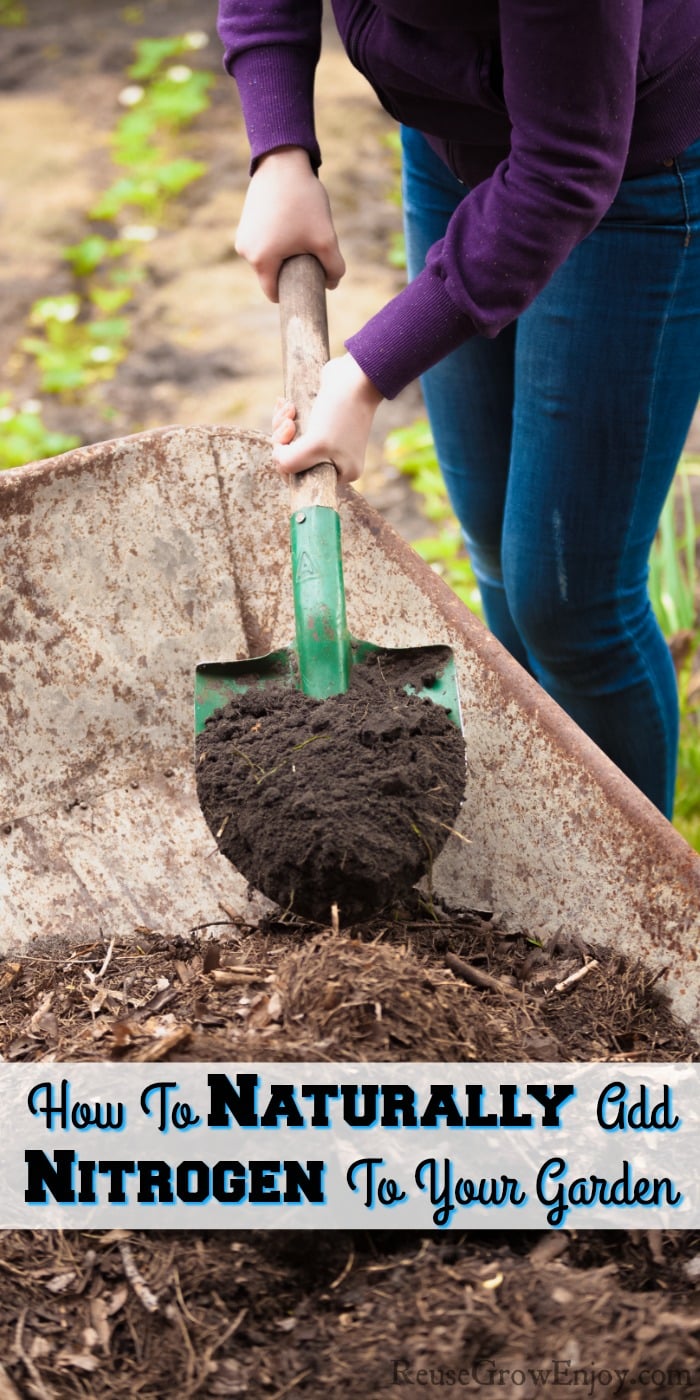Having a great garden takes a little work. Sometimes things need to be added to the soil for your plants to be healthy. Check out these tips on how to naturally add nitrogen to your garden.

How To Naturally Add Nitrogen To Your Garden
Sometimes having a garden and getting it to grow properly can be a bit of a headache if you don’t know what you are doing. You can’t have a great garden these days simply by putting a few plants in the ground and leaving them. The plants and soil have to be taken care of and sometimes that means you need to add nitrogen.
Below I am going to cover a few simple ways to naturally add nitrogen to your garden. That way you know what to use when you need it.
After you go over the information below, if you are looking for more gardening tips, here are a few to check out.
- How To Make The Most Of A Small Gardening Space
- How To Naturally Control Slugs And Snails
- Best Tips For Growing Spaghetti Squash
- How To Test and Repair Soil PH
Compost:
The best place to start with adding nitrogen to your soil is to start with making your own compost. This is a sustainable way to provide your garden with the nutrient profile it needs to thrive and provide you with the best fresh foods. Take the time to start your own compost for a great long term solution.
One of the best ways I have found for great compost is to have a Worm Composting Bin!
Coffee Grounds:
Coffee grounds are one of the easier most readily available options for adding nitrogen to your garden. You can use coffee grounds by tossing them directly in the garden or composting them first.
If you need to cover a large area or do not drink a lot of coffee yourself you can easily get ahold of used coffee grounds from friends and family.
Many coffee shops even give away their used coffee grounds to help local gardeners feed their gardens and reduce their impact with less going to landfills.
Recycle Fish Tank Water:
The waste left behind in the water by your fish is packed with nutrients including nitrogen for your garden. This is so good for your plants and some grow systems use only the waste from fish.
To take advantage of this pour the water from your fish take into your garden instead of down the drain. If you do not have fish you can purchase fish emulsion from your local garden store to dilute and add to your garden.
This only works if you have freshwater tanks. Do not add saltwater tank water to the garden.
Composted Manure:
Manure is very high in nitrogen. This is why it can not be placed directly into the garden (With the exception of rabbit waste) Add manure to your compost pile to allow it to break down or purchase composted manure.
Not only will composting reduces the risk of burning your plants with too much nitrogen but it will reduce the odor.
Planting Cover Crops:
Plant a cover crop that is high in nitrogen. Cover crops are a great way to help add nitrogen to your soil. These crops are great if you have a large plot to work on.
If you find yourself unable to garden for a season due to health or circumstance this can be a great hands-off way to make the most of the time your garden sits.
Planning a simple cover crop like clover, rye, or soybeans. After they have grown simply cut them down before they can go to seed.
Then till into your soil to allow it to balance out the soul as it decomposes. Your next planting should thrive in your garden.
Planting Nitrogen-fixing Vegetables:
Green beans and peas are a great way to replenish the nitrogen in your garden soil. To take advantage of this natural way to add nitrogen to your soil is to rotate your garden beds.
Rotating green beans into garden beds that help plants that drain nitrogen from the soil in the season before can replenish the soil allowing plants to thrive in the next growing season.
This is great if you do not want to do a cover crop.
Companion planting plants like green beans and peas with plants that drain nitrogen is a great way to help high nitrogen plants to thrive even if you don’t have the time to grow a full crop in the garden bed to get the job done.



Leave a Reply